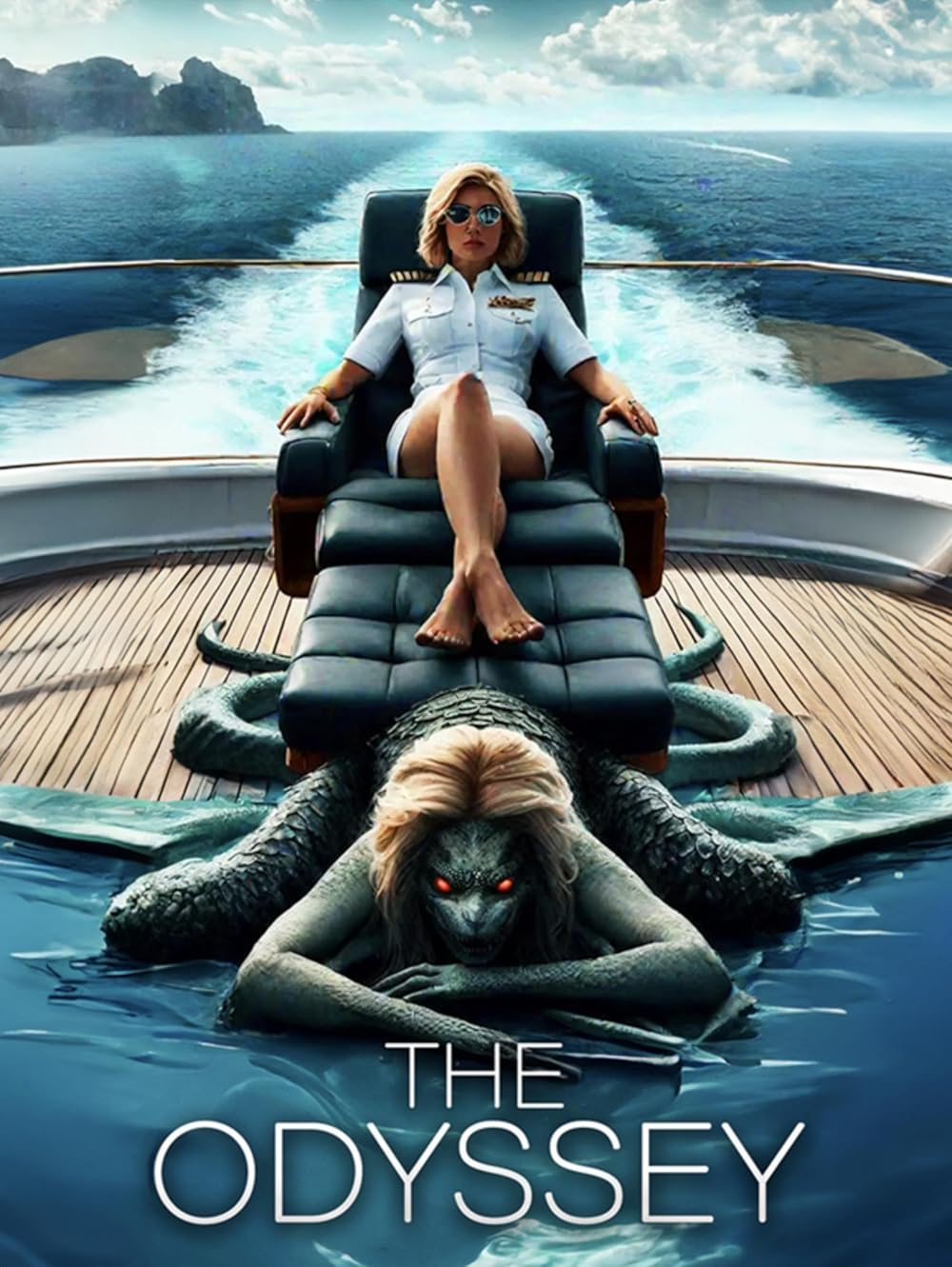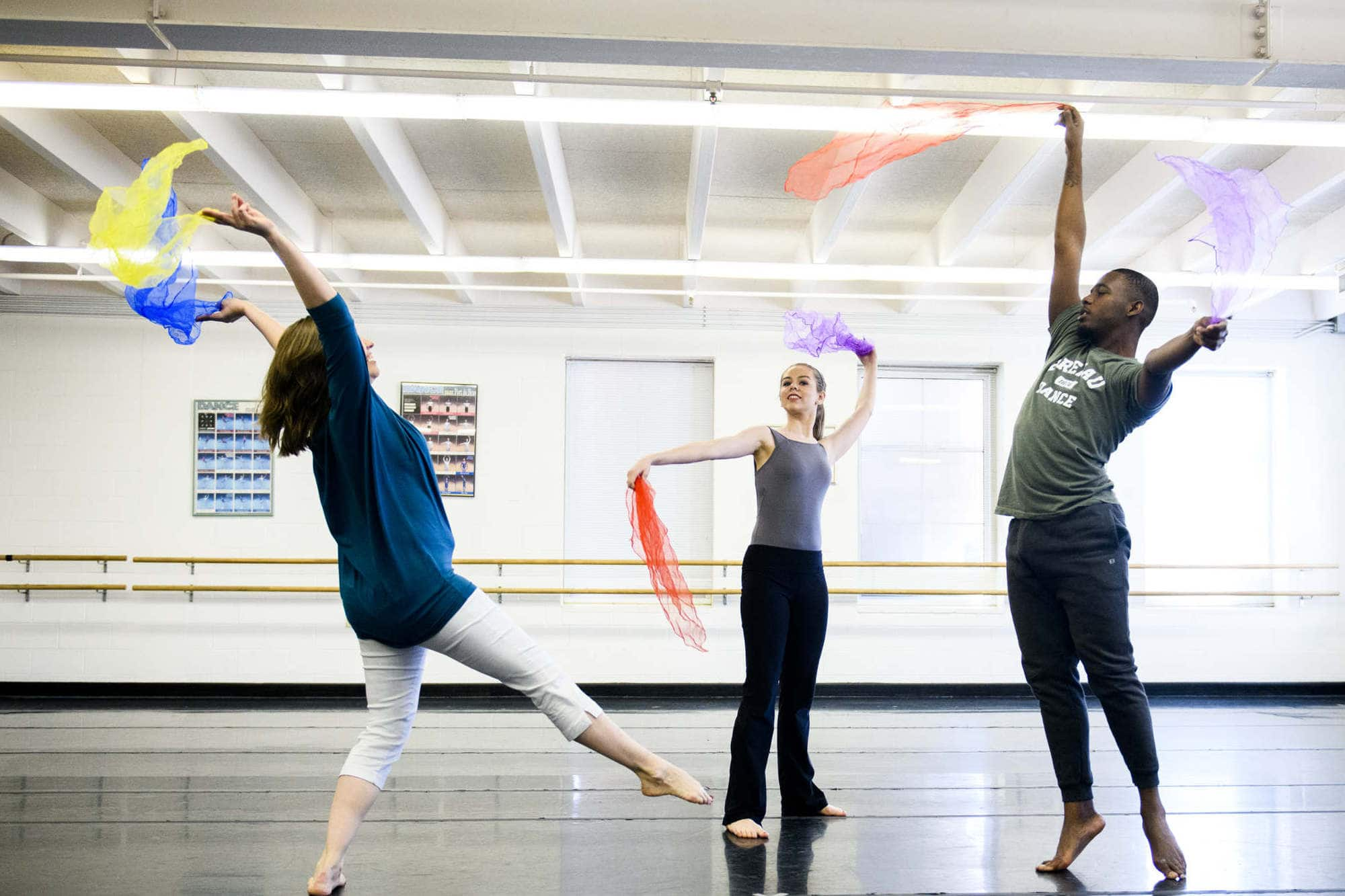The Odyssey, one of the most celebrated epic poems in Western literature, has enthralled audiences for nearly 3,000 years. As the tale unfolds, we are drawn into the world of Odysseus, a character embodying the complexities of human nature. Recent adaptations, including a new translation by acclaimed scholar Daniel Mendelsohn and an upcoming film by director Christopher Nolan, inject fresh life into Homer’s timeless narrative. The rich tapestry of Homeric poetry offers layers of meaning and exploration, enticing both new readers and seasoned fans alike. With its profound themes and engaging storytelling, The Odyssey continues to resonate as a defining work among epic poems, captivating the imaginations of generations.
The epic journey known as The Odyssey presents a pivotal narrative that reveals the trials and tribulations faced by its protagonist, Odysseus. This classic piece of literature has inspired countless interpretations and adaptations over the centuries, showcasing the hero’s cunning and resilience. Homer, the legendary figure behind this poetic masterpiece, has left an indelible mark on storytelling traditions worldwide. The themes and character developments found within this ancient text not only enrich the understanding of human experience but also highlight the essence of transformation and adventure. Through various Odyssey translations, the essence of Homer’s work remains accessible to audiences, inviting exploration and engagement with its core messages.
The Enduring Legacy of ‘The Odyssey’
Homer’s ‘The Odyssey’ has stood the test of time, captivating audiences for nearly 3,000 years. Its complex themes and rich characterizations have not only influenced literature but have woven their way into the fabric of cultural identity across generations. The epic poem serves as a timeless representation of human experience, with its exploration of adventure, identity, and the profound nature of loyalty showcased beautifully through the trials of Odysseus. This legacy is not simply relegated to ancient texts; contemporary adaptations in theater and cinema illustrate how relevant and impactful ‘The Odyssey’ remains in modern storytelling today.
The recent revival of interest in ‘The Odyssey’ is evident through various adaptations from stage to screen, signifying its redoubtable presence in popular culture. Productions such as the American Repertory Theater’s adaptation and the upcoming film by Christopher Nolan bring fresh perspectives on an age-old narrative. This enduring appeal implies that whether through a classic analysis of its themes or a modern reinterpretation, the resonance of ‘The Odyssey’ speaks to the universal human condition, prompting reflections on personal journeys and moral dilemmas.
Odysseus: The Trickster Hero of Homer’s Epic
In ‘The Odyssey’, Odysseus embodies the archetype of the trickster hero, a character defined by cunning and the ability to adapt to chaotic circumstances. From employing guile to outsmart rivals to his ability to navigate the myriad challenges posed by gods and monsters alike, Odysseus’s journey is a study in the complexity of human nature. His character showcases the nuance between heroism and moral ambiguity, highlighting that true leadership often entails making difficult choices and navigating a fine line between right and wrong.
Odysseus’s flaws, including his vengeful nature and susceptibility to hubris, add depth to his character, making him relatable and compelling. Unlike traditional heroes, who are often portrayed as paragons of virtue, Odysseus’s journey is marked by genuine human failings that reflect our own struggles. This duality enriches the narrative, inviting readers to question the very idea of a hero as someone who must be infallible, thus challenging conventional perceptions of morality and leadership in ‘The Odyssey’.
Understanding Odysseus’s character allows readers to delve deeper into the text’s broader commentary on societal norms. His capacity to bend or break the rules illustrates the role of the trickster in mythology as a teacher of societal values through their transgressions. As Odysseus navigates through trials, he not only seeks to return home to Ithaca but also embarks on an introspective journey that ultimately leads to personal growth and understanding.
The Role of Translation in Bringing ‘The Odyssey’ to Life
The often-cited phrase ‘translations are interpretations’, holds especially true for ‘The Odyssey’, given the multitude of translations that exist. Each unique version enriches the narrative, offering insights into the text that may not have been apparent in previous renditions. For instance, Emily Wilson’s translation has been praised for its poetic fidelity while also illuminating the emotional depth of the characters in the narrative. Such translations serve not only to modernize Homer’s work but also to broaden its accessibility to diverse audiences.
Translation emerges as a crucial theme in understanding the enduring relevance of ‘The Odyssey’. Scholars like Dan Mendelsohn provide fresh perspectives that highlight the emotional and thematic intricacies of the original Greek text. This continuous cycle of reinterpretation ensures that the epic remains vibrantly alive, prompting readers to engage with its timeless themes of perseverance, loyalty, and the complexities of human emotion. Thus, discussing the various translations offers a window into how adaptations can both honor and innovate upon the source material.
The Evolution of Homeric Poetry and ‘The Odyssey’
‘The Odyssey’ represents the pinnacle of Homeric poetry, characterized by its blend of narrative skill and lyrical beauty. Emerging during two significant phases in ancient Greece, Homeric poetry reflects the social and political contexts of its time. The poem intricately weaves vast themes ranging from heroism to the search for identity, mirroring the evolution of Greek society during the eighth and seventh centuries B.C.E. The transition seen in ancient texts underscores the adaptability and resilience of these epic forms.
Moreover, ‘The Odyssey’ exemplifies the oral tradition of storytelling that defined the era. The poet’s ability to captivate audiences with rich, rhythmic verses laid the groundwork for future epic poems, illustrating the impact of narrative techniques that still resonate within modern storytelling frameworks. Through rigorous analysis, we can appreciate how even ancient works like ‘The Iliad’ and ‘The Odyssey’ continue to inform contemporary literature, proving their timelessness.
Adaptations of ‘The Odyssey’ and Their Cultural Impact
Adaptations of ‘The Odyssey’ have taken many forms throughout history, each shedding light on different aspects of the human condition. From stage performances to modern cinematic interpretations, these adaptations breathe new life into the ancient text while retaining its core themes. Notably, Christopher Nolan’s upcoming film promises to explore the epic’s complex narrative through a contemporary lens, likely appealing to a new generation of viewers who may not yet be familiar with Homeric traditions.
Such adaptations not only reflect changing societal values but also serve as a medium through which we can re-examine the themes presented in ‘The Odyssey’. They often highlight elements like loyalty, the quest for self-discovery, and the challenges of returning home, making the ancient epic relevant in today’s world. Each rendition serves to spark discussions about morality and identity, underlining that the lessons drawn from Odysseus’s journey are as pertinent today as they were in ancient Greece.
The Essence of the Journey in ‘The Odyssey’
The concept of a journey permeates ‘The Odyssey’, representing not only physical travel but also the internal struggles faced by its characters. Odysseus’s long and arduous path home functions as a realization of self-discovery and transformation; it is through his trials that he gains wisdom and a deeper understanding of his identity and responsibilities. This theme resonates with readers, encouraging them to reflect on their own life journeys and the lessons learned along the way.
Moreover, the notion of the journey in Homeric poetry extends beyond the character of Odysseus. Secondary characters like Penelope and Telemachus also embark on their own quests of growth and understanding. Their experiences parallel Odysseus’s narrative, emphasizing how interconnected these journeys are within the context of family loyalty and the trials of waiting and growing in a state of uncertainty. This portrayal of multiple journeys illustrates how epic poetry not only addresses individual challenges but also captures the collective human experience.
Homer’s Influence on Modern Literature
Homer’s contributions, particularly through ‘The Odyssey’, have had a profound influence on modern literature and subsequent epic poems. The themes introduced by Homer have inspired countless authors and playwrights, serving as a template for character development, narrative structure, and storytelling techniques that continue to be pivotal in contemporary works. Notable authors such as James Joyce employed Homeric elements to craft rich literary experiences, weaving the essence of ‘The Odyssey’ seamlessly into modern narratives.
This influence stretches beyond narrative style, impacting notions of character complexity as seen with the multifaceted personalities of Odysseus and Penelope. Their struggles with fate, loyalty, and identity set a precedent for character exploration that resonates in today’s literature. As modern authors engage with Homeric themes, they perpetuate the relevance of epic storytelling, demonstrating that the foundational elements of ‘The Odyssey’ remain an integral part of our literary tradition.
Learning from the Epics: Moral and Philosophical Reflections in ‘The Odyssey’
The myriad lessons gleaned from ‘The Odyssey’ extend beyond the adventures of Odysseus, offering readers moral and philosophical reflections relevant to various aspects of life. From the exploration of loyalty embodied by characters like Penelope, who waits for her husband’s return despite overwhelming odds, to the examination of identity in Odysseus’s encounters, the epic aids in understanding profound human experiences. These narratives encourage readers to ponder their own choices and ethical dilemmas.
Engaging with these themes allows for a rich dialogue about human behavior, inspiring introspection and personal growth. As new readers approach ‘The Odyssey’, they embark on a journey akin to Odysseus: one of self-discovery, moral examination, and a deeper appreciation for the complexities of life. The poem continues to serve as a springboard for philosophical discourse, perpetuating its role as a monumental text that shapes understanding across generations.
Frequently Asked Questions
What is the significance of Homer’s ‘The Odyssey’ in literature?
Homer’s ‘The Odyssey’ is one of the most important epic poems in Western literature, celebrated for its narrative depth, exploration of the human experience, and complex characters like Odysseus. Its themes of adventure, loyalty, and identity have influenced countless adaptations and interpretations throughout history.
How many translations of ‘The Odyssey’ are there?
There have been over 100 translations of ‘The Odyssey’ into English, showcasing the poem’s enduring legacy and appeal. Notable translations include those by George Chapman, Emily Wilson, and Robert Fagles, each offering unique stylistic interpretations and insights into the text.
What makes Odysseus an intriguing character in ‘The Odyssey’?
Odysseus is often seen as a complex hero due to his cunning, flaws, and adaptability. His character embodies the idea of the trickster, showcasing both heroic and morally ambiguous traits. This depth makes Odysseus one of the most fascinating figures in Homeric poetry.
What are some modern adaptations of ‘The Odyssey’?
Modern adaptations of ‘The Odyssey’ include theatrical productions, films, and literary reinterpretations, such as the forthcoming movie directed by Christopher Nolan and stage adaptations at venues like the American Repertory Theater. These adaptations breathe new life into the ancient epic.
What themes should readers look for when studying ‘The Odyssey’?
Readers should explore themes of loyalty, the journey of self-discovery, and the complexity of human relationships in ‘The Odyssey.’ The poem delves into the psychological and emotional aspects of Odysseus’s journey, reflecting on the broader human experience.
Who are the main characters in ‘The Odyssey’?
The main characters in ‘The Odyssey’ include Odysseus, the clever hero; Penelope, his faithful wife; and Telemachus, their determined son. Each character plays a crucial role in shaping the narrative and its themes, particularly around loyalty and perseverance.
Why is Emily Wilson’s translation of ‘The Odyssey’ significant?
Emily Wilson’s translation of ‘The Odyssey’ is significant as she is the first woman to translate this epic into English, providing a fresh, modern perspective that resonates with contemporary readers. Her poetic approach and insights into character dynamics enrich the understanding of this timeless tale.
What lessons can readers learn from ‘The Odyssey’?
Readers can learn about the importance of resilience, moral complexity, and the transformative power of journeying through life from ‘The Odyssey.’ The epic serves as both a literal and metaphorical journey, encouraging reflections on personal growth and exploration.
How has ‘The Odyssey’ influenced contemporary storytelling?
‘The Odyssey’ has significantly influenced contemporary storytelling through its narrative structures, archetypal characters, and themes of adventure and self-discovery. Its enduring relevance can be seen in various media forms, including films, novels, and theatrical works.
What is the connection between ‘The Odyssey’ and the concept of the epic poem?
‘The Odyssey’ exemplifies the characteristics of an epic poem, including a grand narrative scope, heroic characters, and exploration of universal themes. It serves as a foundational text for the epic genre, inspiring countless works that followed.
| Key Points | Details |
|---|---|
| Current Adaptations | A new production at the A.R.T., a movie by Christopher Nolan, and a new translation by Daniel Mendelsohn. |
| Homer’s Influence | Homer’s works, including ‘The Odyssey,’ have shaped literature for nearly 3,000 years. |
| Popular Translations | Notable translators include George Chapman (1616), Emily Wilson (2017), Richmond Lattimore, Robert Fitzgerald, and Robert Fagles. |
| Character Appeal | Odysseus is portrayed as a complex character—a cunning trickster with flaws that challenge typical heroic traits. |
| Penelope’s Intelligence | Penelope is seen as a smart and resourceful character, sometimes viewed as surpassing Odysseus in wit. |
| Themes of the Poem | The poem explores journeys—both literal and metaphorical—suggesting a journey of the soul for readers. |
Summary
The Odyssey is experiencing a resurgence in popularity thanks to various adaptations and translations that highlight its timeless themes and complex characters. This epic poem, attributed to Homer, has captivated audiences for nearly 3,000 years, emphasizing the extraordinary journey of Odysseus and the wisdom of Penelope, among many other enduring elements. As modern adaptations bring this tale to fresh audiences, the story continues to resonate, offering insights into human nature, identity, and the timeless quest for home.




